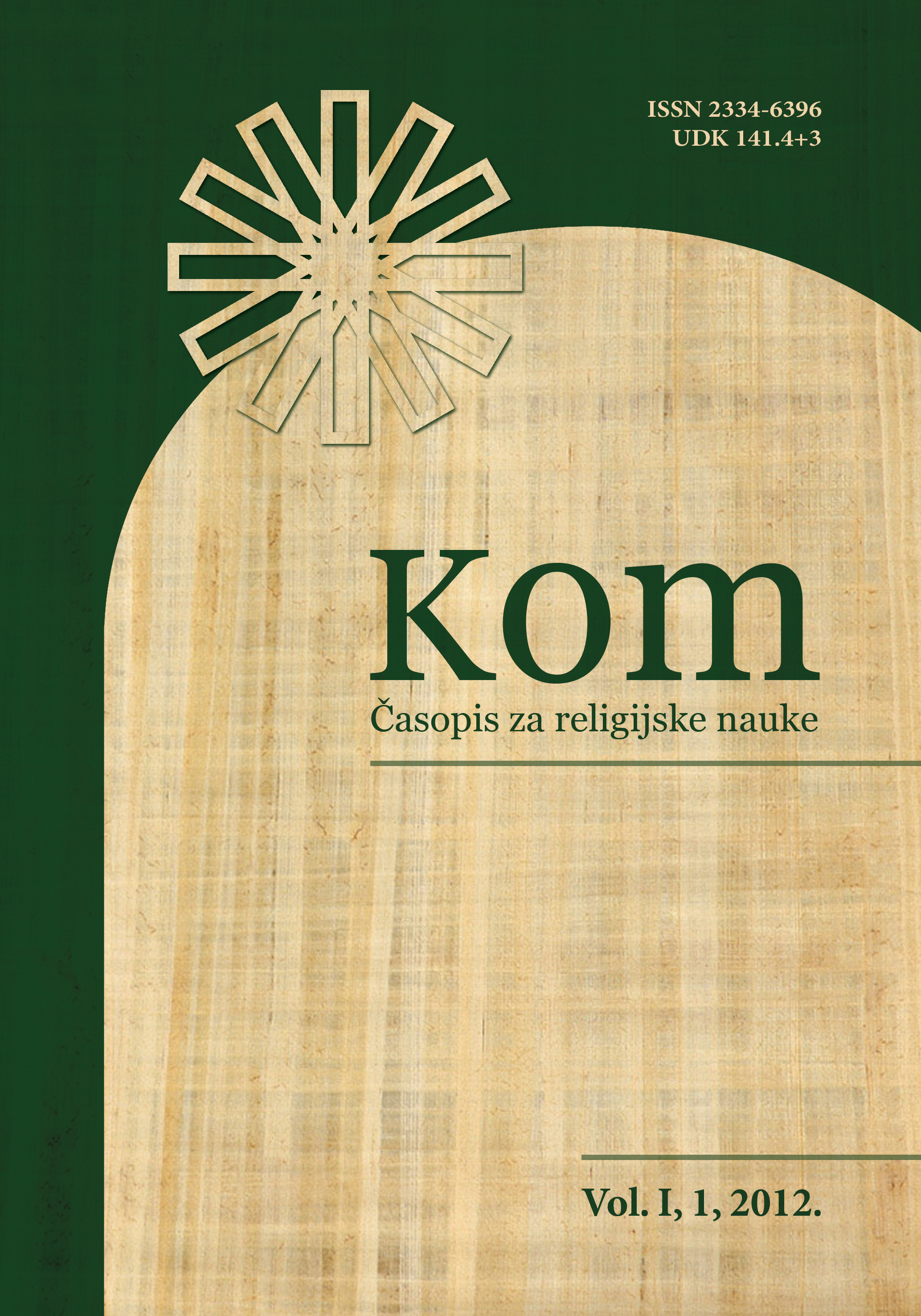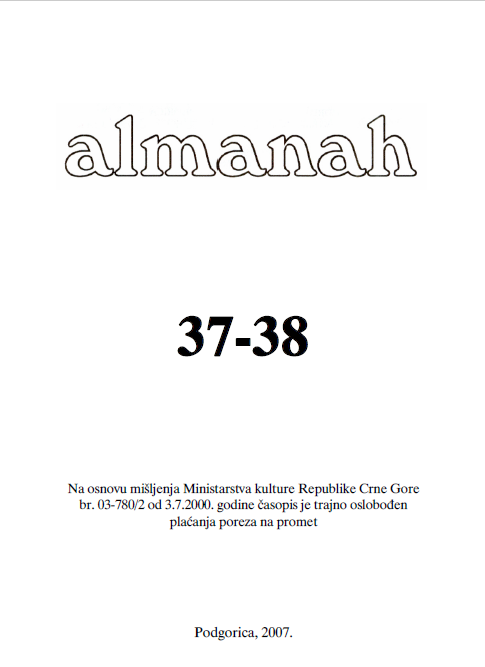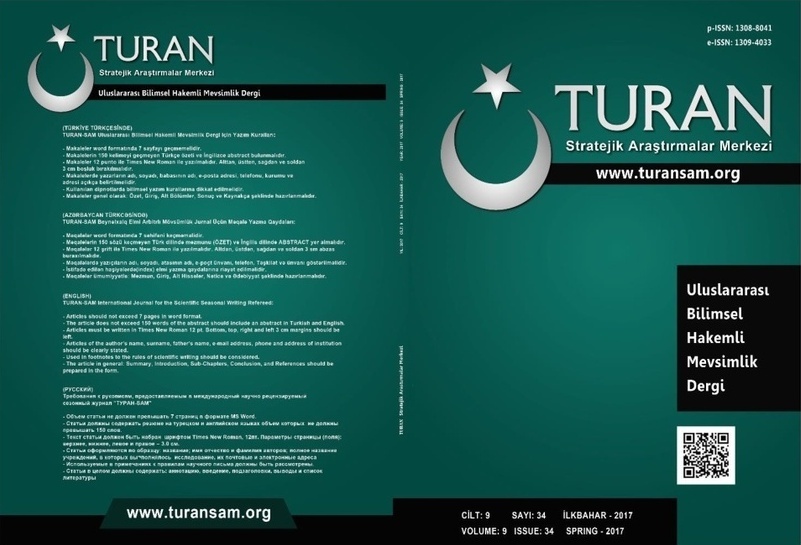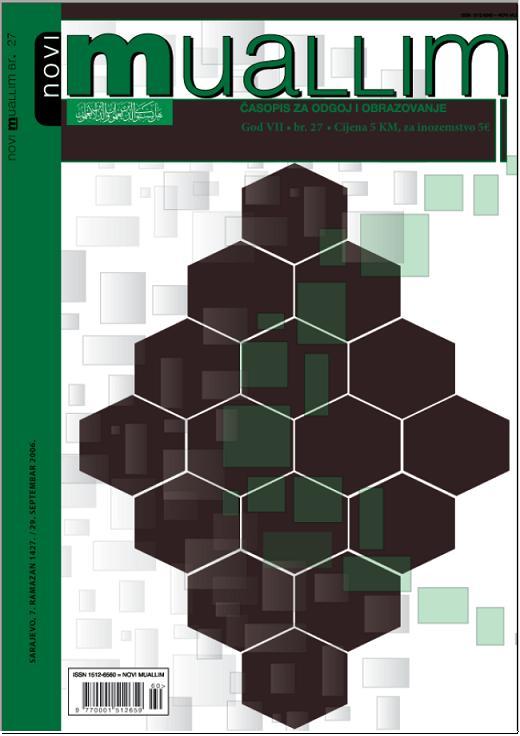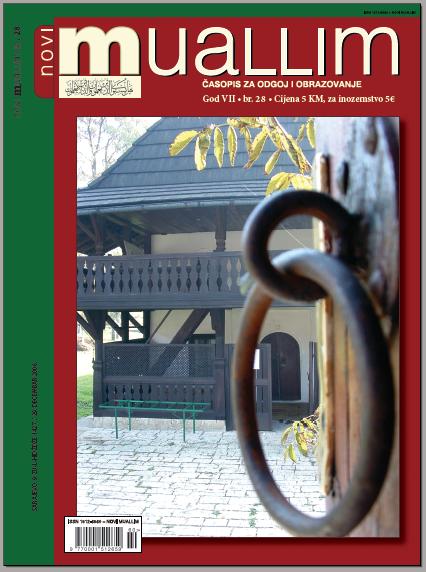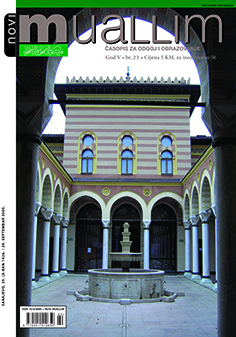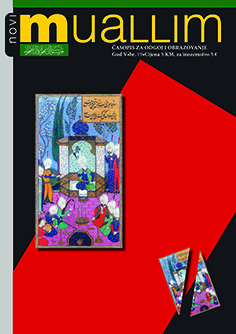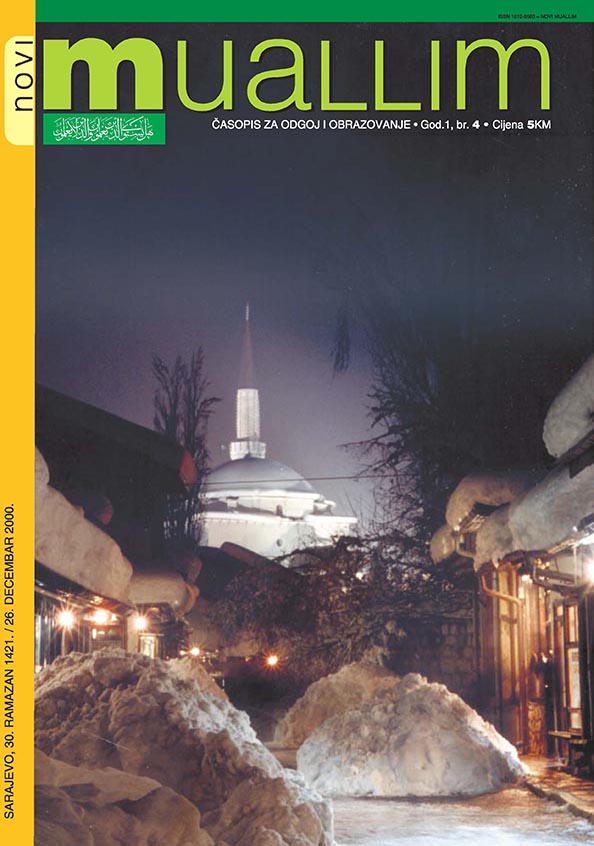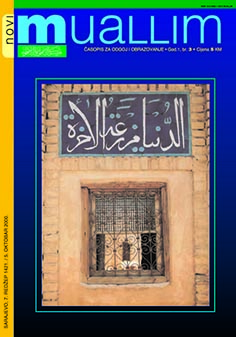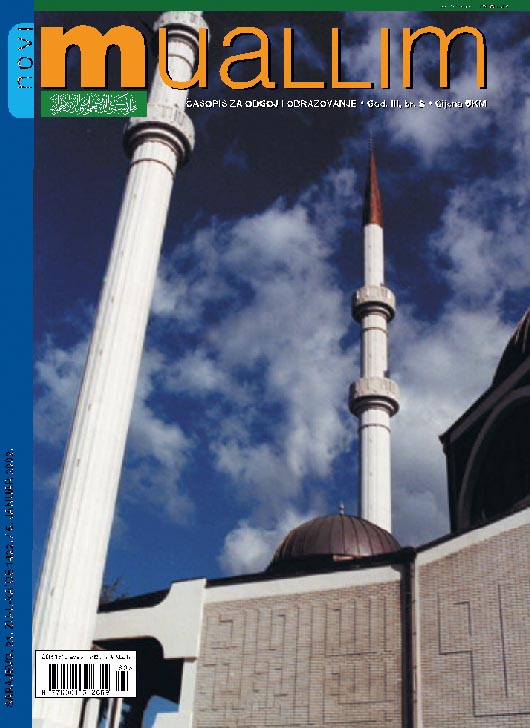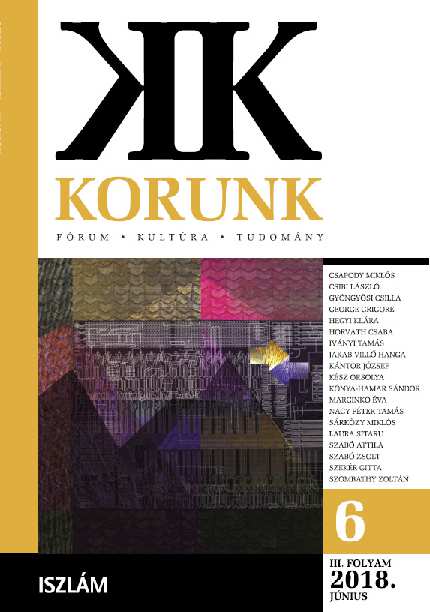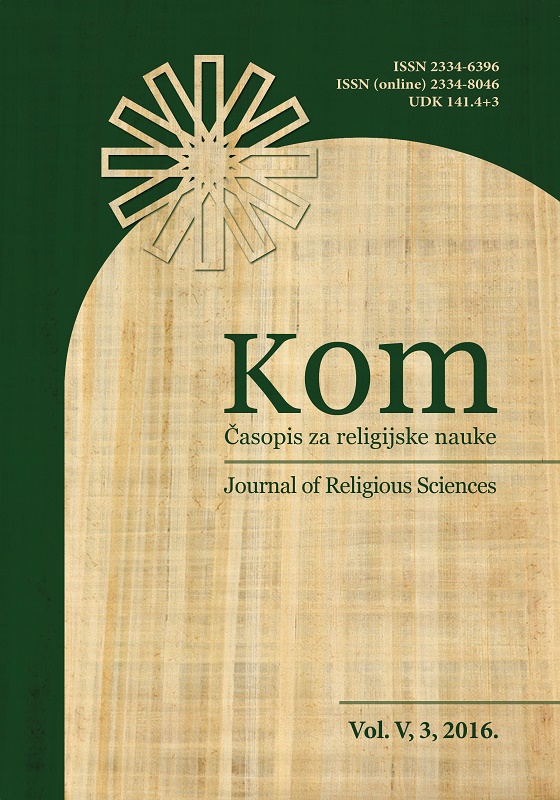
Standards of Islamity in Islamic Civilization
What is the criterion for Islamity in Islamic civilization theory? Is it faith (internal feature) or Islam (external aspect)? Emphasizing Islam as an external issue could result in hypocrisy, and highlighting faith (iman) might lead to excommunication (takfir) from the civilization. In order to respond to this question, I will argue that Islamic civilization (in both theory and practice) starts from minimum Islam to include majority of people as Muslim Ummah, then it develops by faith-training to reduce hypocrisy. Faith-based civilization could be the peak point of Islamic civilization but faith per se (without external signs) cannot be evaluated on individual and social scale. Based on this, and contrary to excommunicators, Islam is the single way for recognition of religiosity and Islamity in the civilization. And iman is the way for a rapid and successful development of humanity, morality, and rationality with the aim of creating the greatest humanized communication system that is the hard core of every civilization.
More...
